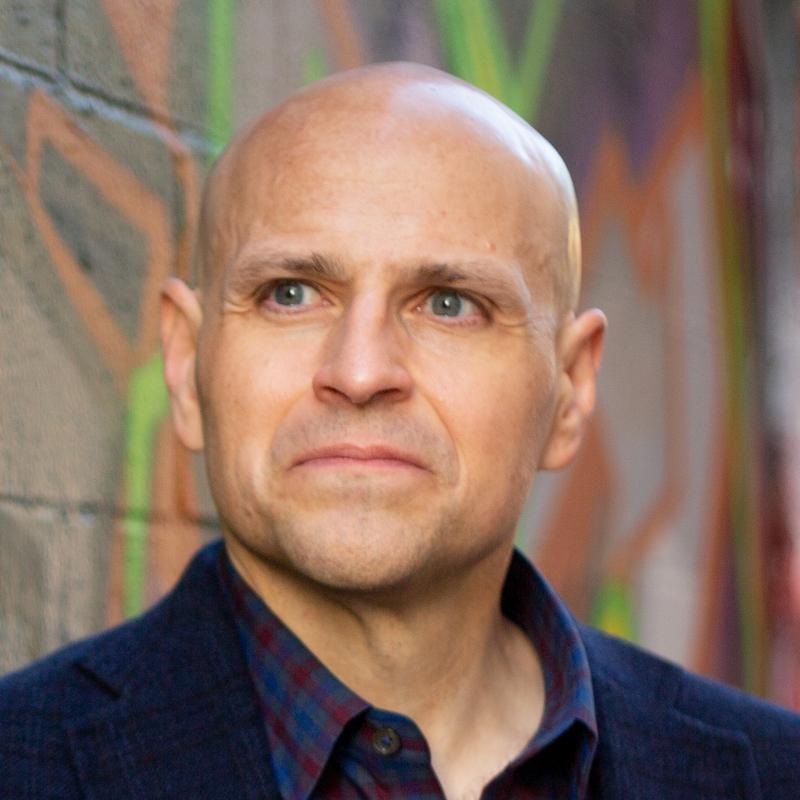Basically I remain convinced that the patent policy most fair and most suitable for the world will regard mathematical ideas (such as algorithms) to be not subject to proprietary patent rights.
— Donald Knuth
A strange game. The only winning move is not to play.
— War Games (1983)

These patent plaques hang next to me on my study wall. They were sent by the law firm of a previous company. I don’t think that’s typically done, but I’d been very accessible to them while the patents wound their way through the U.S. Patent & Trademark Office. Since some of them took ten years to issue, I had long since moved on and they appreciated my helpfulness. As a reward, I received these plaques and the patents were sold to an unrelated software company in the midst of a patent dispute with another multi-billion dollar software company. Good times.
I am a listed inventor on more than forty issued patents[1]. Although I’m immensely proud of the products that hatched these patents, I’m not as pleased with the patents themselves. I’m not sure I even understand them when I read them. They represent work done years, even a decade ago. In each of these cases, my companies filed these patents as a defensive maneuver. We patented them so nobody else would. More importantly, we patented them so nobody else would patent them and then sue us. Every patent accumulated into the war chest also serves as a deterrence in the mutual assured destruction of the software industry.
Update 3/3/2012: one of my former employers, Yahoo!, broke that implicit promise Update 7/6/2012: but eventually settled. Update 9/19/2020: They ultimately transferred their patent portfolio to an intermediary called Excalibur who sold it off for parts, including to many troll entities. Fortunately some of my Yahoo! patents ended up being purchased by Slack. Update 7/21/2021: And now those Slack patents are owned by Salesforce.com. To recap, here’s the ownership path those patents followed Yahoo! > Excaliber > Slack > Salesforce.com.
I’ve come to the conclusion that software patents should go away. Not just mine, all of them. And I’m not alone. A significant number of software engineers, entrepreneurs, and venture capitalists in Silicon Valley share my opinion. From NPR’s This American Life:
That same afternoon, we talked to a half dozen different software engineers. All of them hated the patent system, and half of them had patents in their names that they felt shouldn’t have been granted. In polls, as many as 80 percent of software engineers say the patent system actually hinders innovation. It doesn’t encourage them to come up with new ideas and create new products. It actually gets in their way.
Every moment and dollar that we spend filing patents, reviewing patents, responding to litigation, and fighting in the courts (hello Tyler, Texas!) is one spent not building something for people. Programmers and software companies aren’t the losers, you are. The consumer.
Again, from This American Life:
That’s $4.5 billion [paid by Apple and a consortium of other tech companies] on patents that these companies almost certainly don’t want for their technical secrets. That $4.5 billion won’t build anything new, won’t bring new products to the shelves, won’t open up new factories that can hire people who need jobs. That’s $4.5 billion dollars that adds to the price of every product these companies sell you. That’s $4.5 billion dollars buying arms for an ongoing patent war.
I hold no illusions that the courts will fully invalidate software patents. But I believe that with time, we can slowly chip away at them.
I’ve devoted my career to building products for consumers. I’ve had some successes and some spectacular failures. That’s how it works. You compete in the marketplace, by innovating and building something that matters. If you lose, you try again or you do something different. You take what you learned and make something better. That’s the spirit of Silicon Valley. It brought you the microchip, the personal computer, the smartphone, the tablet, and the web.

Someday my grandchildren will ask me what those plaques are. I hope to tell them that they were called “software patents.” I intend to explain that they once meant a great deal to a lot of people, but today they are worthless, like Confederate currency or WWII uniform insignia. And like those historical artifacts, we keep them around not because they have value, but because they remind us that human progress thrives on execution, not ideas.
This represents my personal opinion, and not the opinion of my employer. The views expressed are mine alone. The fact that I need to clearly state this, coupled with the apprehension I feel even typing these words, should give you a sense for how messed up intellectual property law has become.
Notes
[1] Don’t research or read my patents. Seriously, don’t read any patents if you’re a software practitioner. Don’t read news articles about patents. Don’t discuss patents in email or in any recorded medium. Familiarize yourself with the Debian Project’s excellent Patent Policy FAQ for more advice. In particular:
Are you suggesting that it is better for developers and contributors not to read patents? If yes, why?
Yes. Unfortunately, U.S. patent law creates disincentives for searching through patents, even though one of the main justifications given for the patent system is that the patent teaches the public how to practice an invention that might otherwise be secret. Willful infringement subjects the infringer to enhanced damages when they are aware of the patent and intend to infringe, and reading patents increases the probability that subsequent infringement will be found to be willful. Moreover, we find that developers often assume that the patents they discover are broader in scope than they actually are, and thus such developers become overly or needlessly worried. If, despite this, you do intend to conduct a patent search, you should seek legal advice first.

